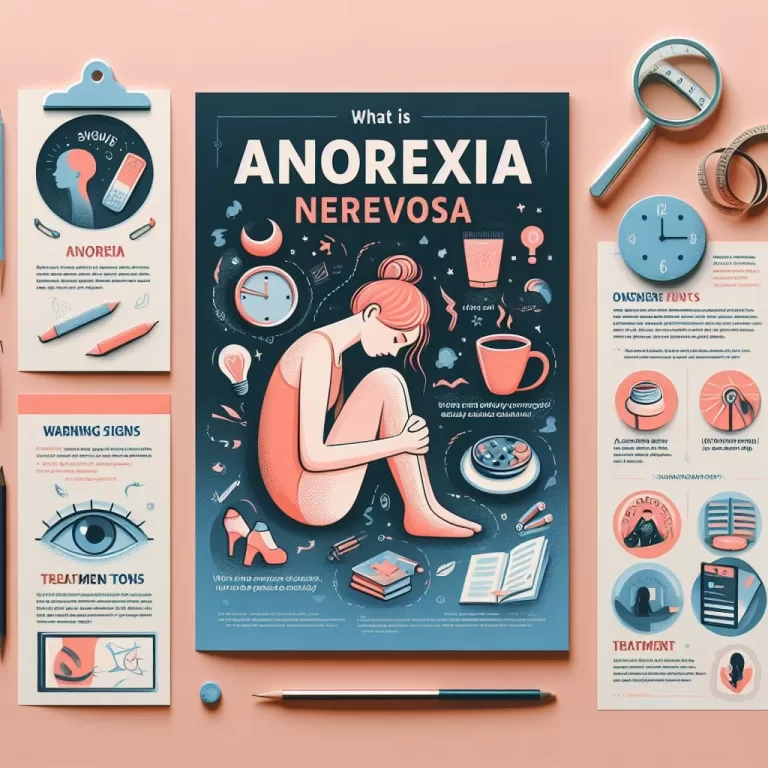Anorexia nervosa
**Anorexia Nervosa: Understanding the Eating Disorder**
Anorexia nervosa is a severe eating disorder characterized by an intense fear of weight gain, extreme weight loss, and a distorted body image. Individuals with anorexia may engage in restrictive eating behaviors, excessive exercise, or purge after eating.
**Symptoms of Anorexia Nervosa**
* Restrictive eating: Significantly reducing calorie intake or eliminating entire food groups
* Excessive weight loss: Losing weight rapidly or maintaining a dangerously low weight
* Intense fear of weight gain: Persistent preoccupation with weight and shape
* Distorted body image: Perceiving oneself as overweight despite being underweight
* Amenorrhea: Absence of menstrual periods in women
* Electrolyte imbalances: Hyponatremia or hypokalemia, leading to heart problems and seizures
* Fatigue and weakness: Lack of energy and strength
* Gastrointestinal problems: Stomach pain, constipation, and hair loss
**Treatment for Anorexia Nervosa**
Treatment involves a multidisciplinary approach including:
* Medical monitoring: To stabilize vital signs, prevent complications, and address electrolyte imbalances
* Therapy: Cognitive-behavioral therapy, family-based therapy, and interpersonal psychotherapy
* Nutritional counseling: To help individuals establish healthy eating habits and gain weight safely
* Medications: Antidepressants and antipsychotics may be prescribed to address underlying mental health issues
**Importance of Early Intervention**
Early detection and intervention are crucial for recovery from anorexia nervosa. Quick access to appropriate treatment can prevent severe medical complications and improve chances of long-term recovery. People with anorexia should seek professional help immediately if they experience any of the symptoms listed above.
Anorexia Nervosa Restricting Type: A Comprehensive Guide

All forms of anorexia nervosa feature behaviors of calorie restriction. When you primarily manage your weight through dieting, fasting, and excessive exercise, you may be living with restrictive-type anorexia nervosa. Eating disorders involve long-term eating patterns that affect your physical,…
